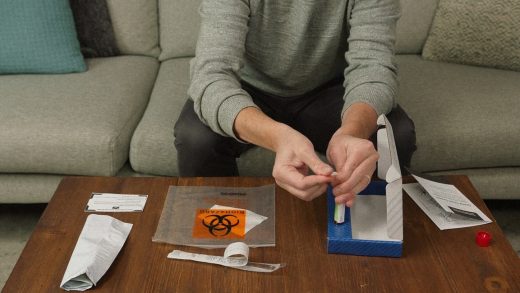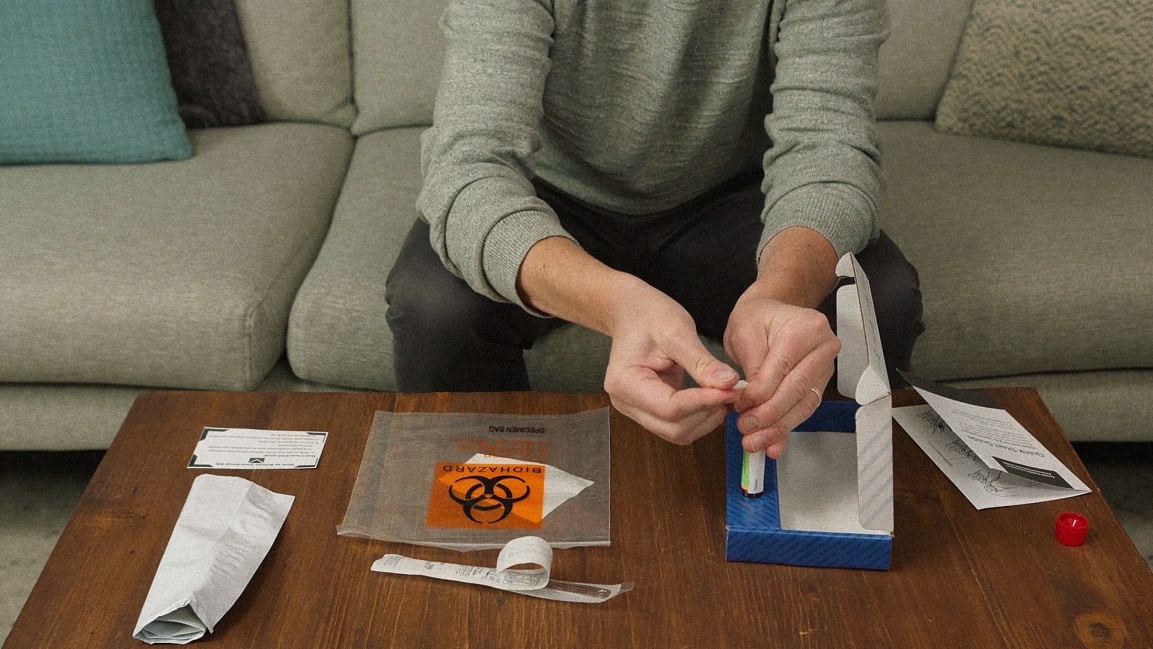This Bill Gates-backed program in Seattle is sending at-home COVID tests to anyone who wants one
Coronavirus testing in the U.S. still lags behind other countries, and most of the tests that happen now go to those with symptoms—so we still have little sense of how many people are truly infected. (By some estimates, as many as 50% of those with COVID-19 may not have symptoms, and many others with mild symptoms are also unlikely to be tested.)
But a new Gates-backed program in Seattle called the Seattle Coronavirus Assessment Network, or SCAN, is helping gather more data with a home-based test: Anyone who signs up can swab themselves at home and then send a sample to a local lab to learn if they’re infected, whether they’re feeling sick or not. It’s designed to serve less as a tool to help people who are sick, but instead as an experiment to figure out the true scope of the virus.
As Bill Gates explains on his blog:
One of the biggest questions puzzling public health officials is exactly how many people are infected with the virus. Think about the pandemic like an iceberg, says Dr. Jay Shendure, scientific director of the Brotman Baty Institute, one of SCAN’s lead partners. With ongoing COVID-19 medical testing, which has been largely focused on people with symptoms, we have been able to see the tip of the iceberg. Just below the surface, however, there is the part of the iceberg we don’t see—the unknown number of people who are infected but experience mild symptoms or no symptoms at all. Dr. Shendure compares SCAN to “a set of sonar pings where we’re skimming over the water and pinging to see what lurks beneath.”
Widespread testing is still needed, Gates says, but the new program can provide important data. It grew from the Seattle Flu Study, another Gates-funded project that tracked flu cases with at-home tests—and which caught the first case of community-spread transmission of the new coronavirus in the U.S. in February.
Anyone in the area can enroll in the new program online, regardless of their symptoms; the program is now testing the first 300 people who request a test each day, and aims to test more. Crucially, it gathers the data without asking participants to leave home and potentially spread the virus. “One of the innovations of SCAN is an easy-to-use, at-home, self-swab test kit,” Gates writes. “The key advantage of this at-home testing approach is that people don’t need to go to a clinic, where they risk exposing themselves or others to infection.”
Update: As of May 14, the program has been temporarily paused.
(12)



